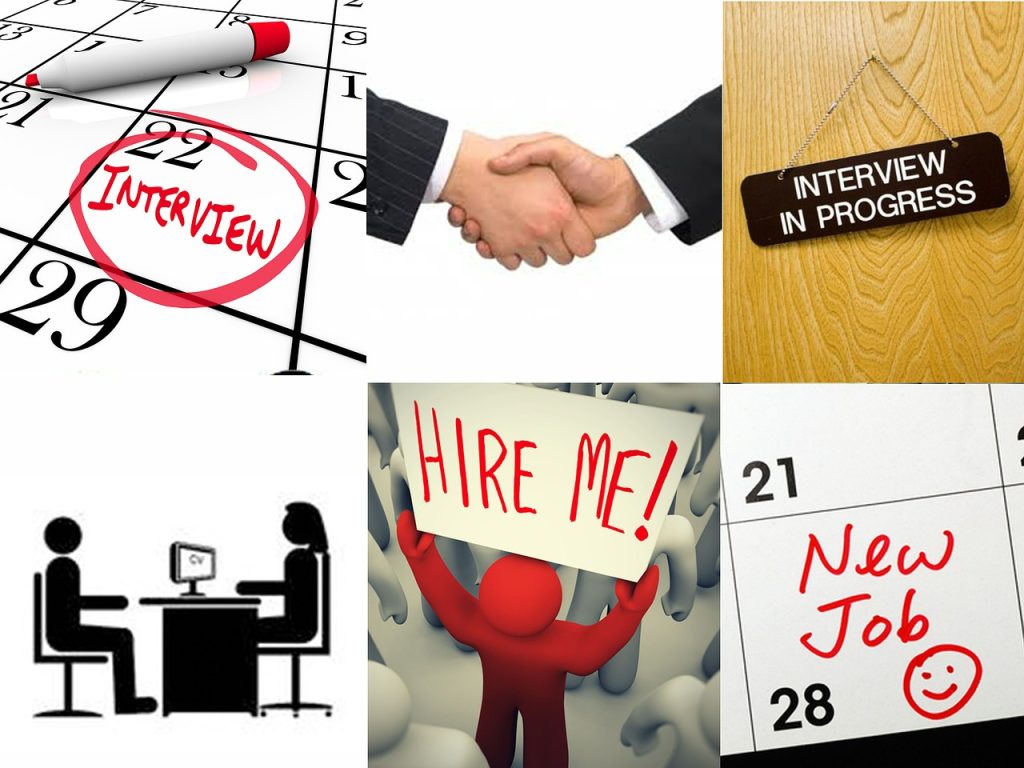Pitching a nanny salary can be difficult. No two nanny jobs are the same, ever family has different requirements and expectations, and even jobs with many variables in common might be advertised with very different salaries. There are four main things which affect a salary: location, the nanny’s profile, the demands of the job and perks.
To get an idea of salaries in you local area look at jobs which are being advertised. The nannyjob.co.uk search feature will enable you to do this and includes jobs through agencies which can offer a good guide to what nannies are really looking for and what nanny agents feel is a reasonable salary for the nannies they place.
Just as every job is different every nanny is different. There are all kinds of nannies from those with no qualifications to those with relevant postgraduate degrees, those with no experience of nannying or even any childcare to those with many decades. Take into account the kind of nanny you want. Experience and qualifications come with a price tag, and an experienced nanny who feels undervalued won’t hesitate to look around for a better deal. Equally an inexperienced or unqualified nanny might be cheaper but will need more guidance and management from you and the time you need to invest may outweigh the additional cost of a more experienced nanny.
Think objectively about the demands of the job. Do you need to sweeten the deal? Long hours or a very heavy workload may need a higher salary to attract candidates. Travel might seem an attractive prospect but in reality it’s very disruptive for a live out nanny as they are still paying rent and bills. Even a live in nanny may have a gym membership she can’t use or have to cancel meeting up with friends. Although a nanny is paid on a per family basis, a job with 6 children will be less attractive than a job with 2 so you may need to offer more money to make it worth their while.
A nanny share represents increased work for the nanny, not necessarily because of the extra child (although dealing with children close in age can be more challenging than a sibling group) but because they then have 2 sets of parents to communicate with and please. Scheduling holiday becomes more complicated and there’s a risk that they may lose their job if the share falls apart. To reflect all this nanny share salaries are usually around 25% higher (gross) than a single family – still a cost saver for you!
Part time jobs tend to get more per hour gross – a nanny with multiple employers may end up being on a BR tax code since real-time reporting was introduced (which is why you should never agree net) so to keep their take home pay in line consider paying a little more. It’s also harder for a before and after school nanny to get a job during school hours, or an afternoon nanny to fill their mornings, so again consider paying a little more than a full time position would per hour so they can survive.
Job longevity is a definite perk. If your job is a relatively temporary one or your children are close to school age again you might need to offer a little more to compensate for the lack of stability, unless you can guarantee the job with the same pay but reduced hours in the future.
One of the most common perks is allowing a nanny to bring their own child(ren) to work with them. There are lots of different opinions on pitching a salary for a nanny with own child (NWOC). Some will say you’re paying for the experience and competence of the nanny and that stays the same even if she brings her child along. Others saying a 20-30% reduction is pay is appropriate because your children are no longer getting undivided attention, you cannot enter into a share to reduce your costs, you have increased wear and tear on your house and your nanny may be less flexible with hours. Remember you cannot pay less than minimum wage!
Finally the most important thing is what you can afford. There’s no point advertising £15/hour if you can’t afford it. It’s best to advertise a narrow range and keep some in reserve. We suggest aiming to keep round £1/hour to negotiate with comfortably. Although it may not feel a lot on an hourly basis you don’t need to go up in increments of £1/hour when negotiating – for most nanny jobs that’s £50/week, or £2.5k/year, so you can add £10 to the weekly pay even if it only works out to 20p/hour. This will allow you to offer an exceptional candidate that little bit extra at interview, or plan a pay rise in the future.





